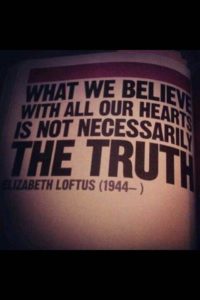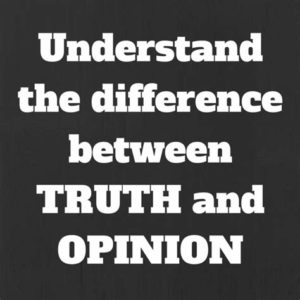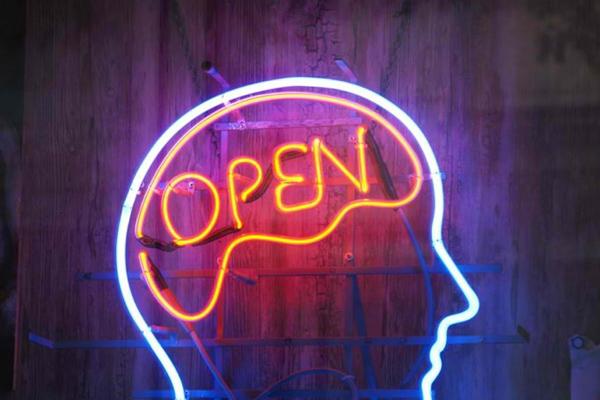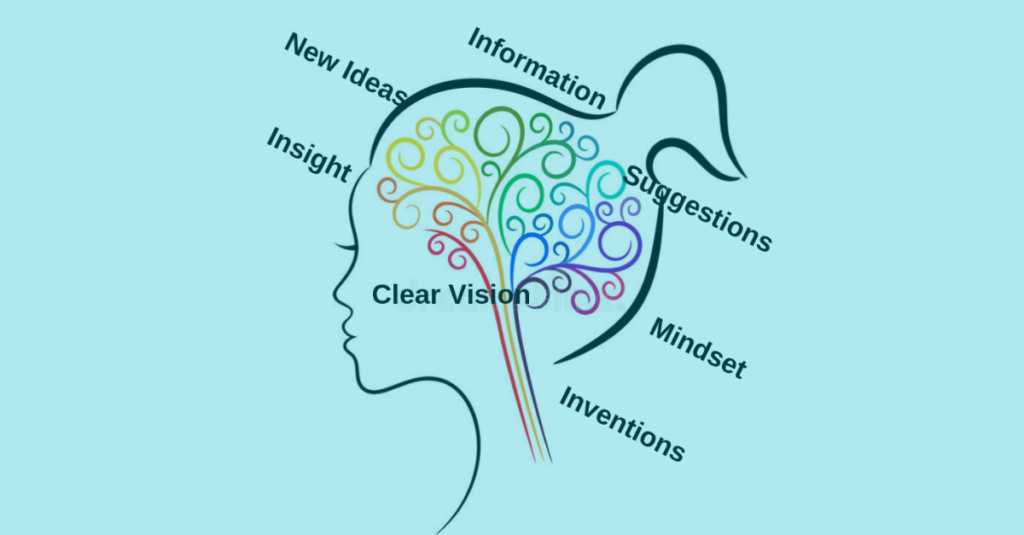 Everybody’s entitled to their opinion, right?
Everybody’s entitled to their opinion, right?
Opinion (from Dictionary.com)
- a belief or judgment that rests on grounds insufficient to produce complete certainty.
- a personal view, attitude, or appraisal.
When I read an op-ed piece in the New York Times, I understand that the opinions contained therein are those of the author.
It seems today that opinions uttered verbally or penned on social media are promoted as universal truths.
“Trump’s a bigot.” “Biden is suffering from dementia.”
These are statements made by individuals I know and admire. And it seems they’ve stated them as if they honestly believe everybody has that opinion or at least should share that opinion. They say it, write it, or post it as if it’s factually true.
They don’t say “In my opinion, yada, yada, yada….” They just say “Yada, yada, yada.” And everything about their presenting manner (words, verbal tonality, facial expression, body language, etc.) makes it clear this declaration is coming from their knower/judger (K/J) persona and that they more or less expect the receiver to agree with them (because their belief is that the statement is, in fact, a universal truth).
If my understanding of the situation doesn’t match theirs and I care to challenge their statement, I’m more than likely to face strong defense (again from their K/J persona).
Over the years I’ve had the pleasure of helping clients and teams of clients learn the healthy value of “doubt.” Doubt, while culturally negative (it’s not comfortable to not be certain) propels me away from my K/J dialed-in, reactionary certainty to a learner/researcher (L/R) mode of being open to other narratives than mine.
Doubt, for example, can be a productive component of active listening. Instead of comparing everything the other person is telling me to what I already know (and finding it lacking), I’ll withhold judgment until I’ve had a chance to hear the entire thesis before starting to look at my data and the other’s.
When the boss sits with his management team and says “We can’t hire any good help” as if it’s a universal truth, how can his team members respond productively?
“I haven’t found a way to hire good people,” rather, is a statement clearly owned by the boss and leaving the conversation ripe for opinions that differ. As a matter of fact, it’s not even an opinion. His is a statement of fact. He has not found a way to hire good people. In fact, it’s a way of stating an issue that actually begs for additional conversation and potential remedies. See the difference?
Universal-truth-style opinions usually contain emotional values such as optimism, pessimism, anger, fear, shame, etc. They are often meant to attract the listener (or reader) to join the individual in their emotional state. Headlines in print are such examples. And even though we may know the political or social bent of the publisher, it’s still presented as a universal truth. Infrequently will you find the words “may” or “might” in a headline, indicating some level of editorial doubt.
Owned opinions are statements of fact and, by structure, are more rational. Not so much the judgment itself but the idea that the judgment represents the owner’s current understanding of the situation. “I haven’t found a way to hire good people” is a very different statement from “We can’t hire any good help.”
I urge readers to pay attention to the opinions you hear on your daily rounds and see if you can discriminate between those stated as universal truths and those that people are owning. Try framing your own opinions as your current understanding so your listener knows there’s room in that narrative for other perspectives, further discussions, and adjustments. It might change how you’re received.
Of course, this is just my opinion. YMMV.



